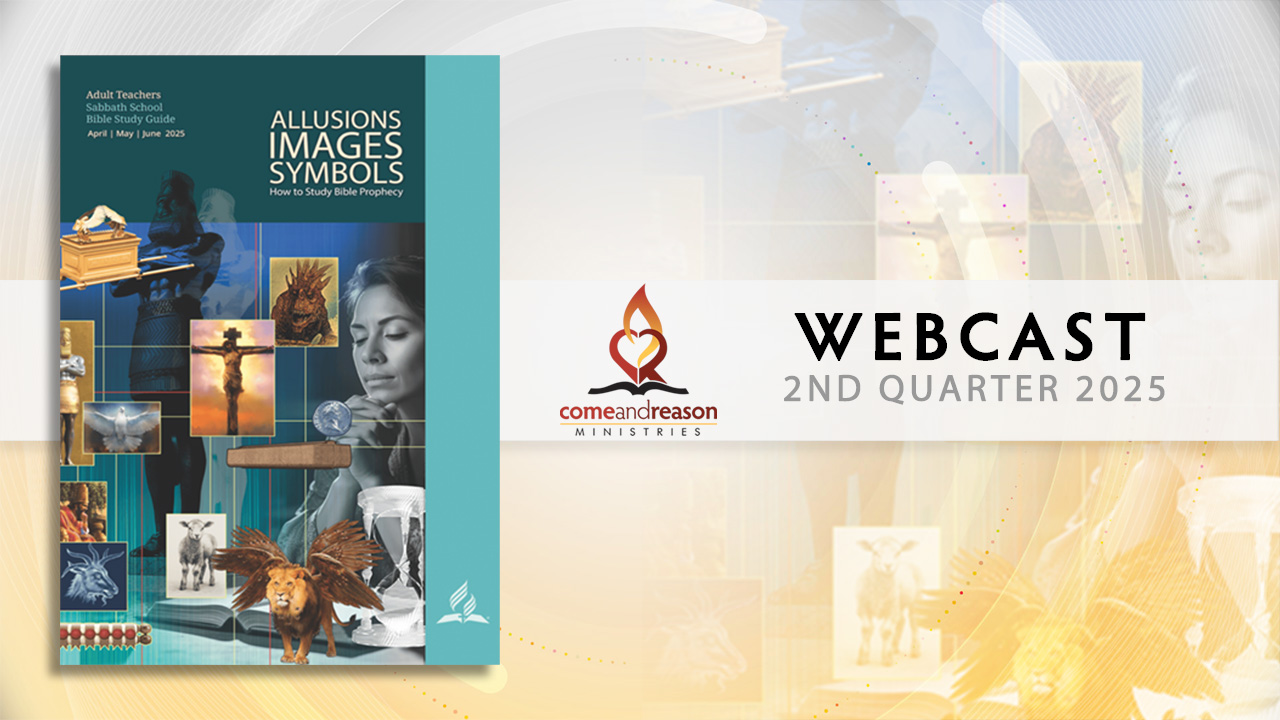In John 11, we read the story of Lazarus being raised from the dead. Mary, Martha and the disciples didn’t believe that God could raise him up. Even when Jesus asked them to open the grave, they said
“but lord he stinketh, he has been dead four days”. Jesus raised him from the dead in spite of their unbelief. But in the bible it says that we must have faith for God to work miracles. What made Jesus raise Lazarus from the dead?
R
The faith which results in miracles is generally not about the faith of the person for whom the miracle is performed, but talking about the faith of the one through whom God works to achieve the miracle. In the example above the miracle wasn’t performed because the observers had great faith, but because their faith was weak. Christ’s faith, of course, was strong and it was through Christ the miracle was performed. But the miracle wasn’t for the benefit of Christ it was for the benefit of those weak in faith to strengthen their faith to handle the challenge of Christ’s crucifixion and to provide evidence that Christ was the creator of all.
Throughout the Bible miracles are generally performed through those great in faith, but for those weak in faith. Elijah and fire from heaven – the miracle was for the masses who were weak in faith through Elijah one great in faith. The multiple healings done by the Apostles were again for the weak in faith but done through the Apostles who were great in faith.
The idea that miracles happen because we have strong faith and that if they don’t happen our faith is weak is a subtle distortion which discourages those still growing in faith. Those who are strong in faith, through whom miracles are worked, generally don’t experience the miracles to benefit themselves, but miracles are done for the benefit of those still weak in faith. The Apostles were all martyred without miraculous intervention, except John, and John didn’t work a miracle to save himself, but God intervened because John had more work yet to do.
Finally, miracles themselves are some of the weakest evidence upon which to base our faith because miracles can be counterfeited. If someone works a miracle it doesn’t mean what the person says is correct – we must still evaluated the teaching based on the evidences of God’s word. A serpent spoke in Eden, a real miracle, but it didn’t prove the serpent was speaking truth. Imagine if your dog or cat spoke to you – wow, that would be something. But if such a miracle occurred would that mean what was spoken is true? Likewise with all miracles we must retain our reasoning and discernment and evaluate the evidence in harmony with God’s word.









 using your credit or debit card (no PayPal account needed, unless you want to set up a monthly, recurring payment).
using your credit or debit card (no PayPal account needed, unless you want to set up a monthly, recurring payment). instead?
instead?